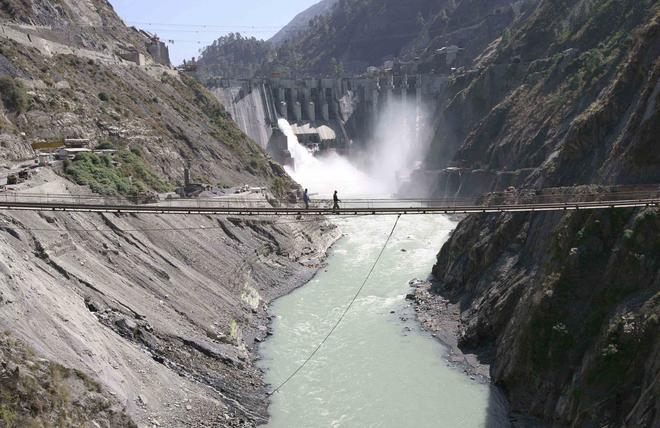Free Courses Sale ends Soon, Get It Now


Free Courses Sale ends Soon, Get It Now



Copyright infringement is not intended
Context: A 10-member Indian delegation will visit Pakistan for the annual meeting of the Permanent Indus Commission from March 1-3.
Agenda of meet: Pakistan's objections on Indian hydroelectric projects namely Pakal Dul (1,000 MW), Lower Kalnai (48 MW) and Kiru (624 MW) in Chenab basin in Jammu and Kashmir and few small hydroelectric projects in Ladakh are likely to be on the agenda for discussion.
Indus Water Treaty:
Permanent Indus Commission:
Renegotiation of treaty:
https://www.thehindu.com/news/national/indian-delegation-to-visit-pakistan-for-annual-permanent-indus-commission-meeting-from-march-1-3-official/article65068084.ece
© 2024 iasgyan. All right reserved